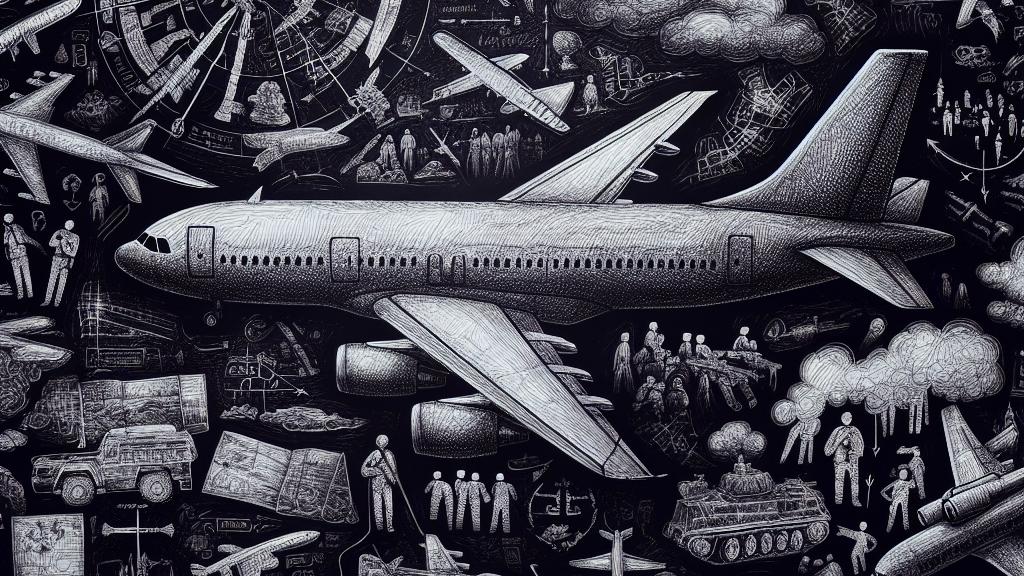Understanding the Recent Plane Crash Incident
Overview
- A heartbreaking plane crash in Kazakhstan resulted in the tragic loss of 38 lives, stirring emotional responses worldwide.
- Azerbaijan's president claims the aircraft was mistakenly shot at by Russian ground forces, amplifying international tensions.
- While Russia has launched a criminal investigation, it has largely denied direct involvement in this devastating event.

An Overview of the Incident
On December 25, 2024, a dreadful aviation accident unfolded near Aktau, Kazakhstan, claiming the lives of 38 individuals aboard Azerbaijan Airlines Flight J2-8243. This plane, which had taken off from Baku en route to Grozny, encountered significant difficulties when it neared southern Russia. In a shocking twist, President Ilham Aliyev of Azerbaijan asserted that the aircraft was hit by gunfire from Russian military positions, leading to an outcry and renewed scrutiny of military protocols in civilian airspace. Additionally, with Putin issuing a rare apology—describing the incident as a tragic mistake—one must ponder whether this acknowledgment hints at deeper systemic issues within Russian defense operations.
Celebrating the Heroes Amidst Tragedy
Amidst the fear and uncertainty, the response of Captain Igor Kshnyakin and co-pilot Alexander Kalyaninov deserves special mention. Their courageous actions were nothing short of heroic. In the face of disaster, they battled against time and odds, managing to divert the plane long enough to ensure that 29 passengers survived—a remarkable feat under such harrowing circumstances. Their legacy of bravery was honored in a poignant ceremony attended by President Aliyev, where the nation paid tribute to their memory. Such selfless dedication showcases the very best of human spirit, reminding all of us that even in the darkest times, there are those willing to sacrifice for the safety of others.
Investigating the Aftermath: A Call for Accountability
In the wake of this tragedy, Azerbaijan launched a thorough investigation, which revealed a startling possibility: Russian air defenses may have accidentally downed the passenger plane during military operations, mistaking it for a threat amid rising tensions with Ukraine. This revelation casts a long shadow over international relations and raises pressing questions about operational protocols in conflict zones. President Aliyev is fervently pursuing accountability from Russia, demanding an honest admission of culpability. It's a necessary conversation, especially for the grieving families impacted by this disaster. As the dust settles, we must challenge ourselves to ensure that lessons learned lead to stronger cooperation and safeguards in the future, aiming to prevent such a heart-wrenching event from occurring again.

Loading...